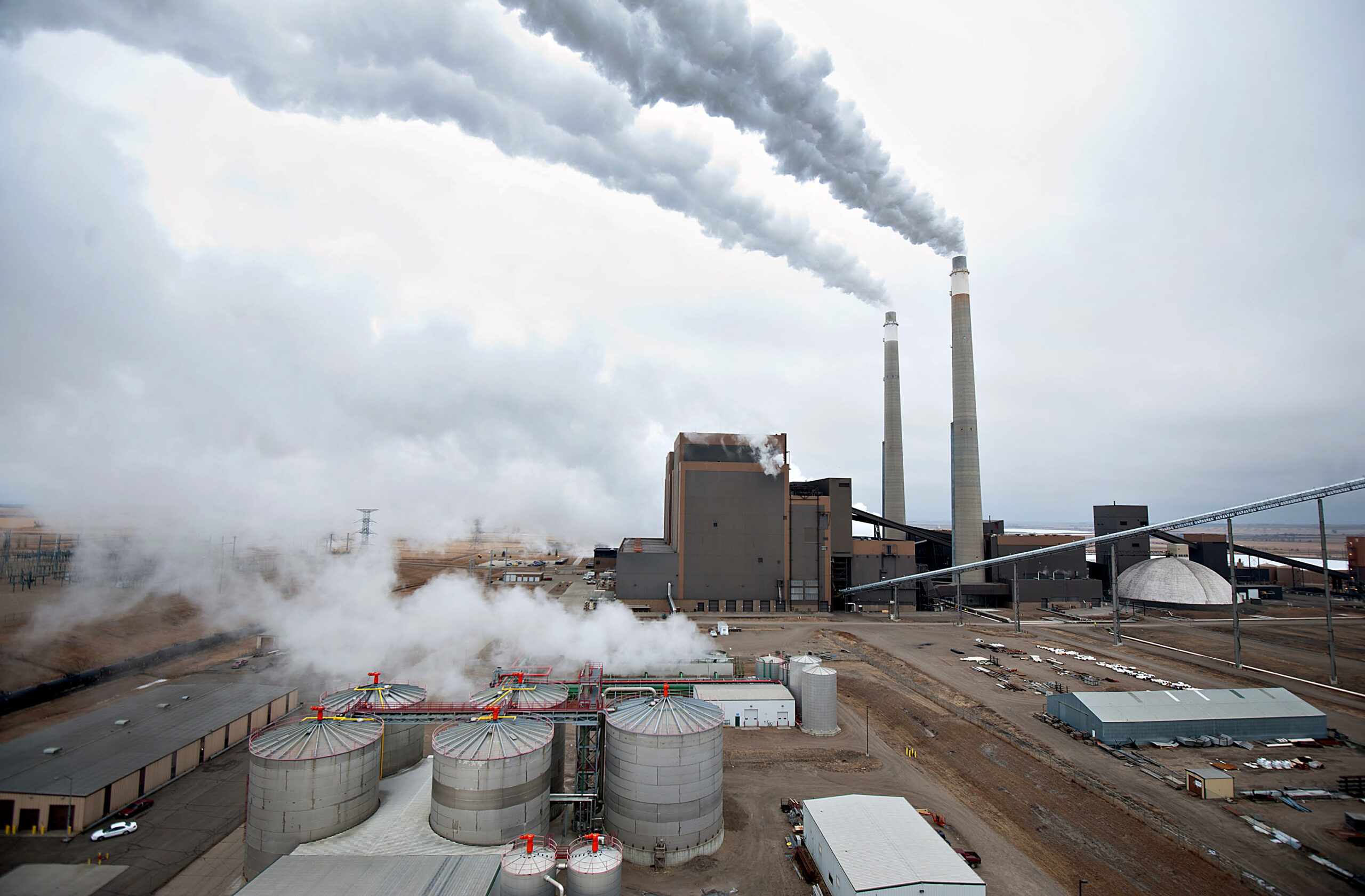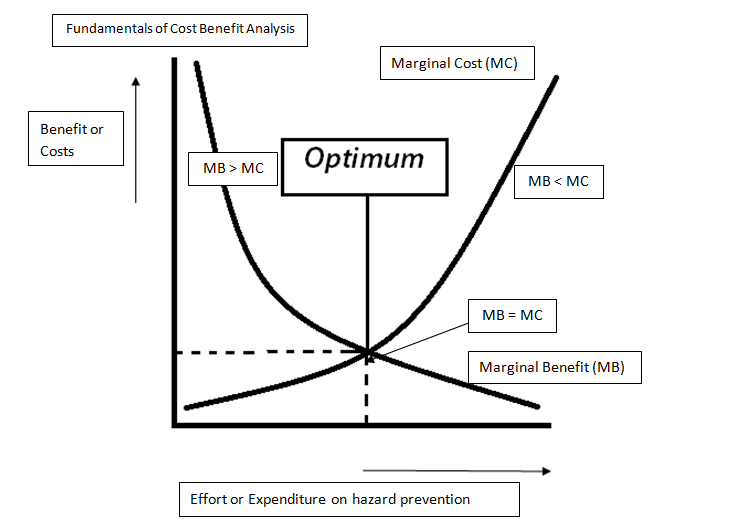Cost Benefit Analysis
The Decline and Fall of the “Regulatory Czar”
Now, the office doesn’t even have a home page, and its boss is lawyer who faces possible disbarment.
OIRA, the White House Office of Information and Regulatory Affairs, was known as “the most powerful agency you’ve never heard of. That was only three years ago. Under Trump, however, OIRA seems to have become a minor subdivision of the Office of Management and Budget run by Russell Vought. The main purpose of the office was to oversee the use of cost-benefit analysis by regulatory agencies. The Trump Administration has all but abandoned this analytical tool by refusing to quantify regulatory benefits, so it’s now cost-benefit analysis. As a result, OIRA seems to be adrift. One sign of this declining importance is that it’s hard to even find the name of the person running the office.
CONTINUE READINGIs This the End of Cost-Benefit Analysis?
Trump’s EPA is effectively abandoning economic analysis
Maybe the Administration means to keep cost-benefit analysis in place for some other kinds of regulations at EPA or elsewhere. But if the courts uphold the EPA’s refusal to quantify the enormous harms caused by air pollution, it’s hard to see an argument for quantifying many other regulatory benefits. In other settings, environmentalists might applaud the repeal of cost-benefit analysis. In the current setting, however, the purpose is all too plain: to make it easier for the Administration to ignore the ways it is endangering human life and health.
CONTINUE READINGGames Deregulators Play
Here are the six moves the Trump EPA consistently uses to justify deregulation.
If you start reading the Trump Administration’s arguments for deregulation, a repetitive feeling soon sets in. Every deregulation is different, of course, but there are stock arguments that seem to surface again and again.These arguments have a distortion effect, blurring the benefits of regulations while magnifying their costs.
CONTINUE READINGTurning Conservative Legal Theories Against Trump
Is the risk of legitimizing bad ideas worth it? Maybe so, under the circumstances.
Conservatives have been obsessed with the idea of a runaway federal government crushing everything in its path. They’ve been successful in promoting ideas to rein in Leviathan, at a time when by our lights the government actually was behaving very reasonably. But now we really do have a rampaging federal government. Conservative ideas could be very useful tools right now, and we shouldn’t hesitate to use them.
CONTINUE READINGThe Woeful Economics of a Misguided Rollback
The costs of Trump’s rollback of key climate rules far outweigh any benefits.
Trump’s rollback of regulations limiting emissions from power plants is an economic disaster. According to economists, health damages far exceed savings from lower compliance costs. Just considering health impacts alone, the net cost of the rollback will be $129 billion through 2050. Climate damages add another $148 billion in costs.
CONTINUE READINGDoes the Law Require Cost-Benefit Analysis?
According to the D.C. Circuit, the answer is no.
Putting aside the particulars of the case, it seems wrong to apply the same standard (monetized cost-benefit analysis) to every provision in environmental law. These provisions have different language, reflecting differences in congressional priorities. Some provisions, for instance, may be designed push industry to find innovative solutions; others may reflect Congress’s value judgments or a desire to limit EPA’s discretion. We shouldn’t assume that the myriad differences in statutory language are irrelevant and that Congress wanted agencies to adopt the same method of making decisions in every case.
CONTINUE READINGTrump Shoves Economic Analysis and Science to the Curb
The MAGA agenda takes precedence over data and analysis.
If you were looking for data-driven regulatory policy, you’re not going to find it in this Administration. On the contrary, Trump has marginalized economic analysis and wants to bulldoze environmental science. Thus, we are likely to get policies that are bad for the environment without being cost-justified, while ignoring policies who environmental benefits outweigh economic costs.
CONTINUE READINGTrump & Environmental Policy: The Sequel, Part I
Expect a lot of the same, but there could be some new twists.
They say that history never repeats itself, but it often rhymes. As in many sequels, there will be many things we’ve seen before. Much of that consisted in an all-out attack on environmental law. If you hated the original, you won’t enjoy watching the same thing the second time around. This will include massive regulatory rollbacks and expansion of fossil fuels regardless of environmental harms.
CONTINUE READINGThe Revenge of the Lawyers
Economists ousted lawyers (and law) from their central role in the regulatory process. That’s changing.
As you’ve probably heard, the Biden Administration has proposed aggressive new targets for greenhouse gas emissions from new vehicles. That’s great news. One really important aspect of the proposal relates to the justification for the proposal rather than the proposal itself. Following a recent trend, the justification is based on the factors specified by Congress …
Continue reading “The Revenge of the Lawyers”
CONTINUE READINGRevamping Cost-Benefit Analysis
Proposed changes will make CBA more climate friendly.
Last week, the Biden White House released proposed changes in the way the government does cost-benefit analysis. CBA has been a key part of rule making for forty years. The proposal is very technical and low-key, but the upshot will be that efforts to reduce carbon emissions will get a leg up. In particular, the …
Continue reading “Revamping Cost-Benefit Analysis”
CONTINUE READING













